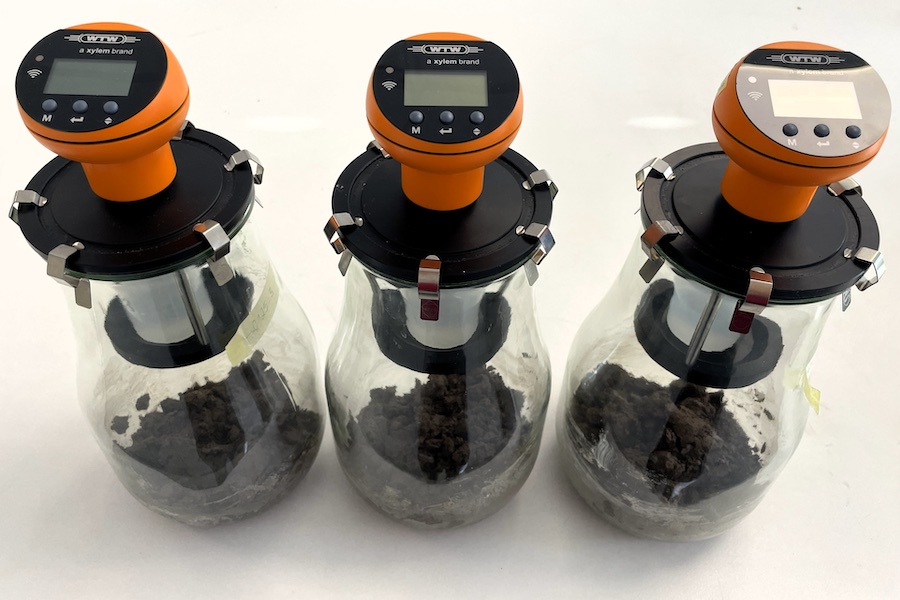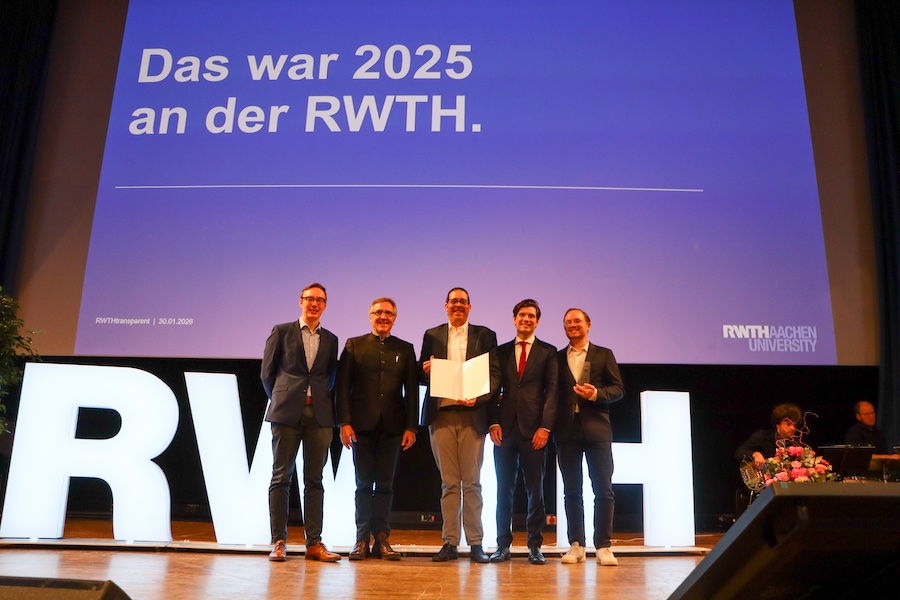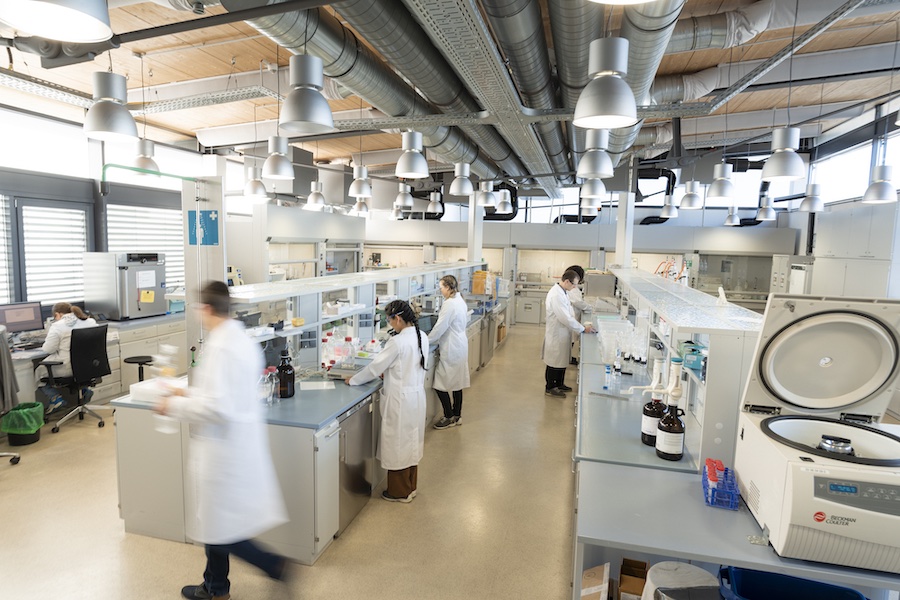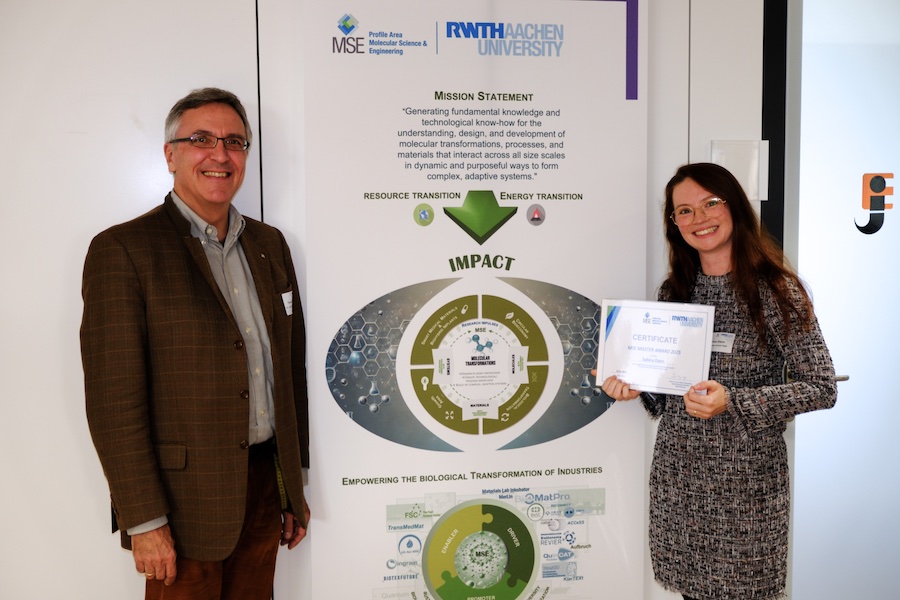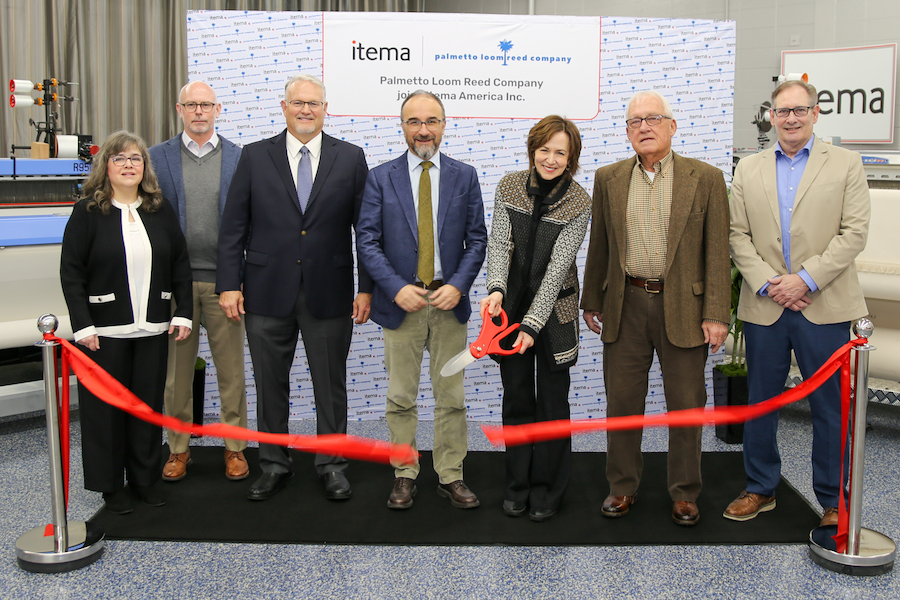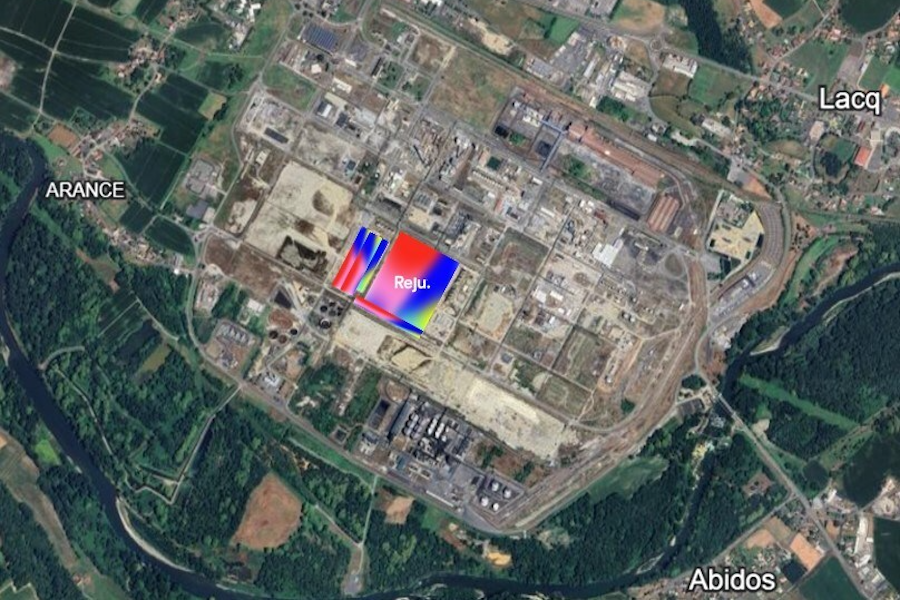#Research & Development
Stefan Hecht is the new scientific director of the DWI – Leibniz Institute for interactive materials
The research focus of the Leibniz Institute in Aachen is the development of active and interactive materials. As part of a bioinspired approach towards materials research, the DWI is working, among others, on the production of compounds that are designed according to the model of nature and integrate into natural cycles. These are materials that can respond to changes in their environment - for example by assembling and disassembling into their individual parts independently, or by changing their shape and even by moving actively. "The long-term vision is to breathe more life into molecular-based material composites and systems," says Stefan Hecht.

Under the resigning director Martin Möller, the research institute, founded in 1953 as 'Deutsches Wollforschungsinstitut' (German Wool Research Institute), was refocused and dynamically expanded at the interface of fundamental and applied research, before finally becoming part of the Leibniz Association in 2014. In order to overcome the limits of materials research, scientists from various disciplines work together under the same roof at the DWI. The organisational structure of the institute, with five research programmes spanning several groups, fosters the convergence of the disciplines represented. The DWI team and all those who support the institute in various ways and partnerships have always faced challenges and developed new concepts. We maintain this courage to change. With Stefan Hecht and the great team, we are looking to the future with confidence," says Martin Möller. He stays with the DWI as a member of the institute’s Scientific Board.[1]
Stefan Hecht, 45, has thus far focused his research on the interplay between chemistry and physics. His work is based on the design and synthesis of molecules, which he regards as customised functional nano-components and central to materials engineering. He is particularly fascinated by the idea of using light to control and drive the properties of materials and various processes from optoelectronics to biology. His research group has already successfully developed flexible optical data storage devices and high-resolution displays, and has also been able to control self-healing properties and movement of polymer materials with light pulses.
At the DWI, Stefan Hecht intends to widen his research focus and, in addition to contacts in biology and medicine, also exploit synergies with the engineering sciences. The aim is to develop new material platforms and tools that can be used to deliver signals and active substances inside the body. In addition, he is interested in the development of methods for 3D printing of complex objects, for example in biomedicine. Stefan Hecht and the DWI plan to use the unique opportunities offered by interdisciplinary cooperation to achieve ambitious goals: "Why should it not be possible to recycle a plastic using sunlight? Or to produce an implant directly in the patient where it is needed without surgical intervention? In order to tackle these visions, various major projects are planned for the future, which have an enormous potential to connect strong research players at the interface of materials and medical research. Together with the RWTH Aachen University and its medical school, we can create a unique innovation cluster. I am looking forward to actively participating in the future development of this network," said Stefan Hecht.
The past of the DWI gives good reason to look optimistically towards the future, because its research findings are applied in biomedical technology, biotechnology, surface refinement, and chemical process engineering. The institute is located on the RWTH Aachen University campus and cooperates closely with the technical university. At the DWI, around 190 employees with different skills and expertise are committed to fostering new knowledge and contributing to a better life through innovation. The DWI is also committed to create a working climate free of barriers and prejudice in line with the Diversity Charter ('Charta der Vielfalt').
[1]The Scientific Board of the DWI is made up of seven professors, each representing a chair or a research area at RWTH Aachen University: Prof. Stefan Hecht, Ph.D. (Chair of Macromolecular Chemistry), Prof. Dr. Andreas Herrmann (Chair of Macromolecular Materials and Systems), Prof. Dr.-Ing. Laura De Laporte (Research Area Polymer Biomaterials), Prof. Dr. Martin Möller (Chair of Textile Chemistry and Macromolecular Chemistry), Prof. Dr. Andrij Pich (Research Area Functional and Interactive Polymers), Prof. Dr. Ulrich Schwaneberg (Chair of Biotechnology), Prof. Dr.-Ing. Matthias Wessling (Chair of Chemical Engineering).







